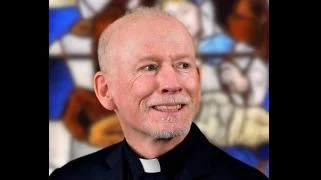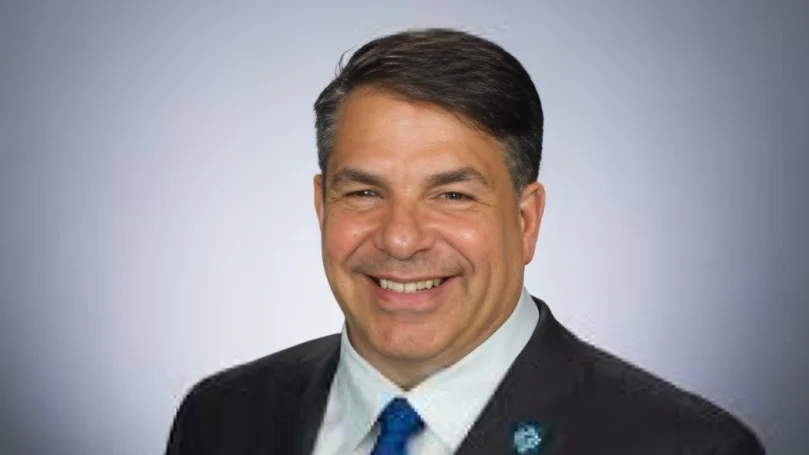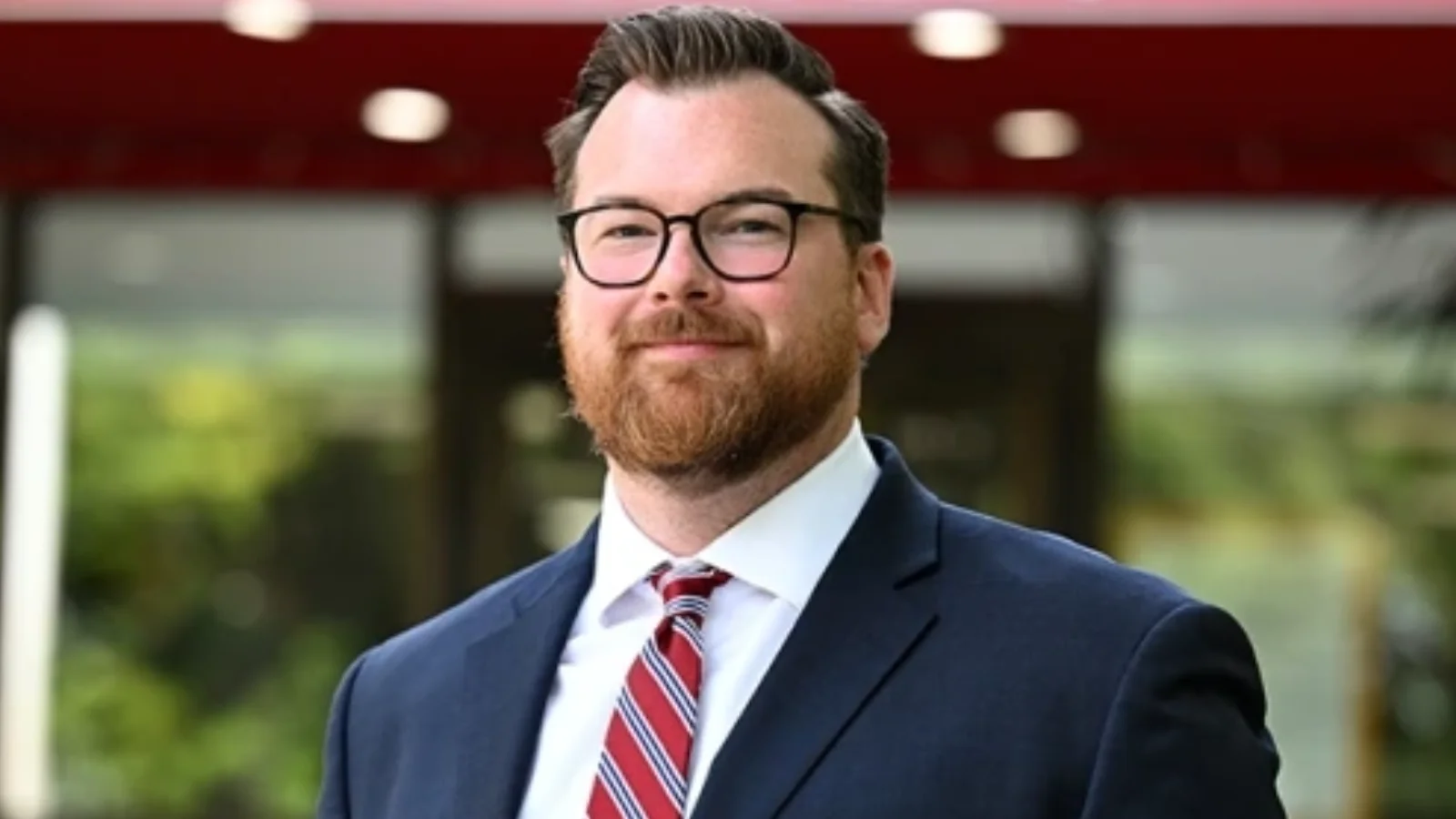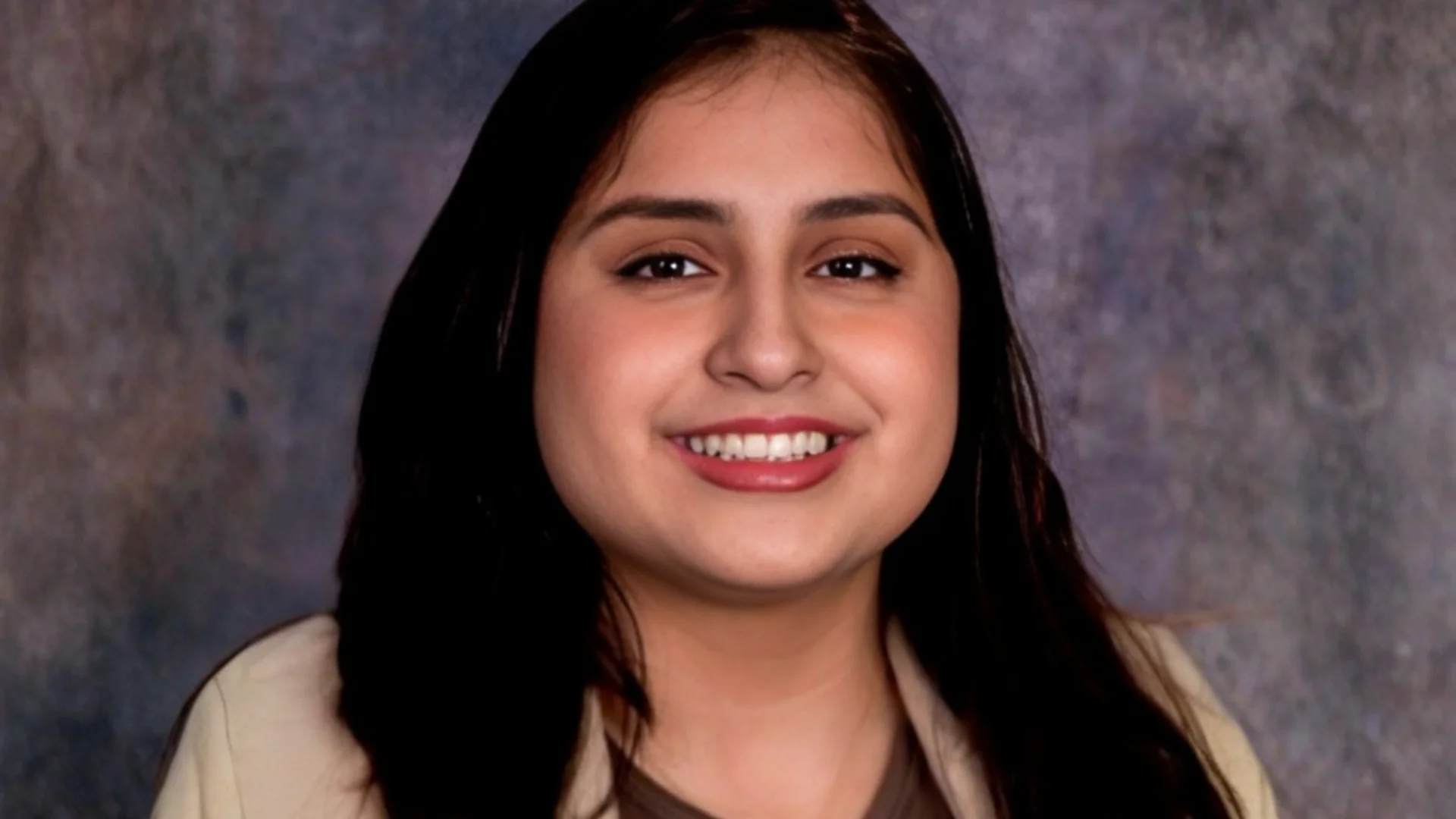
Rev. Brian J. Shanley, O.P. President | St. John's University website
St. John’s University’s Justice Initiative Center held a panel discussion on October 2 focusing on the problem of false confessions and their role in wrongful convictions. The event, which took place in St. Augustine Hall, marked the 12th anniversary of International Wrongful Conviction Day.
The panel brought together attorneys, exonerees, nonprofit leaders, filmmakers, and researchers to discuss why innocent people sometimes confess to crimes they did not commit and to consider reforms that could prevent such occurrences.
“False confessions are one of the major factors contributing to wrongful convictions,” said Marina Sorochinski, Ph.D., Assistant Professor and Director of the Justice Initiative Center at The Lesley H. and William L. Collins College of Professional Studies.
Jeffrey Deskovic, J.D., who was exonerated after spending 16 years in prison for crimes he did not commit, spoke about confronting coerced confessions in court. He leads the Deskovic Foundation, which supports exonerees and works to prevent wrongful convictions. Mr. Deskovic shared his personal experience: “I certainly did not understand my rights—that anything I said could be used against me,” Mr. Deskovic recalled. “I am aware of the legal maxim that you are innocent until proven guilty. But that is fiction in a confession case. When you are defending a case with a false confession, you need to explain that confession.”
Anthony Dolci, Director of Stop False Police Reporting, discussed his own experience with being falsely accused and highlighted legislative efforts in New York State aimed at preventing false police reports. One such proposal is the Universal Stop False Reporting Act, which would make it a felony for police officers or civilians to lie in a police report. “We hear about exoneration, which is wonderful,” Mr. Dolci said. “What we do not hear enough about is the perpetrators being held accountable.”
Willoughby Jenett, Esq., Deputy Unit Chief at the Manhattan District Attorney’s Post-Conviction Justice Unit, spoke from a prosecutorial perspective about combining justice reform with community trust-building efforts: “Our unit contributes to public safety by responding to and engaging with the community,” Mr. Willoughby said. “Implementing community reforms and conducting real conviction reviews that vacate wrongful convictions builds public will and inspires confidence in DA offices.”
Filmmaker Jia Rizvi discussed her projects Conviction and Sixteen Years—both documenting stories of wrongful conviction—and noted film’s capacity to foster understanding among audiences: “When I made a film, people showed up, they cared, and they understood,” Ms. Rizvi said. “Storytelling through film connects people to lived experiences, and that connection raises real awareness.”
The event included participation from students like Anna Giannichi—a Ph.D candidate researching trauma narratives—who asked about whether proposed reforms could succeed within resistant systems.
International Wrongful Conviction Day was established in 2013 as an annual effort to raise awareness about causes of wrongful conviction as well as its impacts on individuals and families.
The Justice Initiative Center works to educate those who may lack economic or social advantages about how the criminal legal system functions while conducting research aimed at addressing poverty and social injustice.
Dr. Sorochinski concluded by urging attendees toward action: “Justice demands more than sympathy; it demands change.”





 Alerts Sign-up
Alerts Sign-up